1. Kinder Surprise Chocolate Eggs

2. Fugu
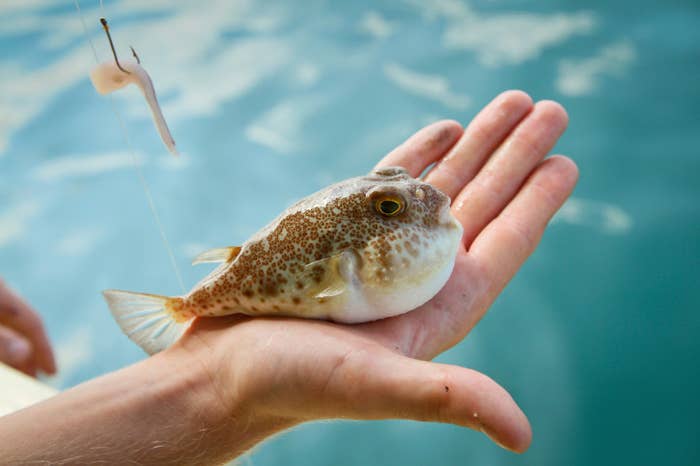
3. Casu Marzu
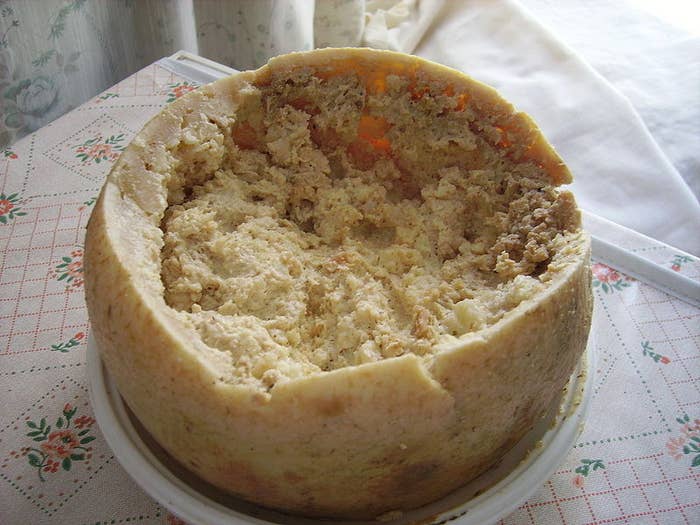
4. Haggis
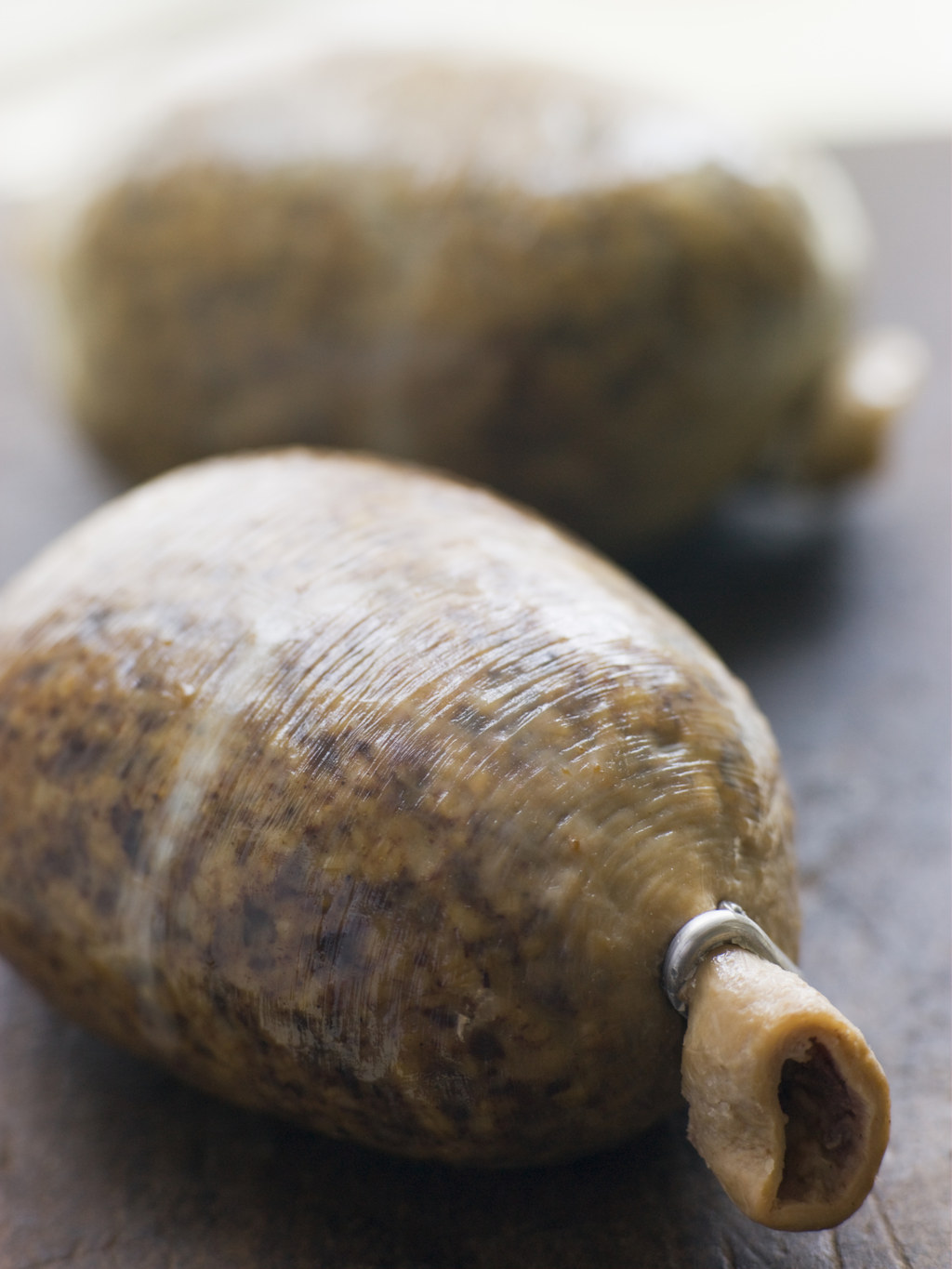
5. Ackee

6. Foie Gras

7. Shark Fins

8. Horse Meat
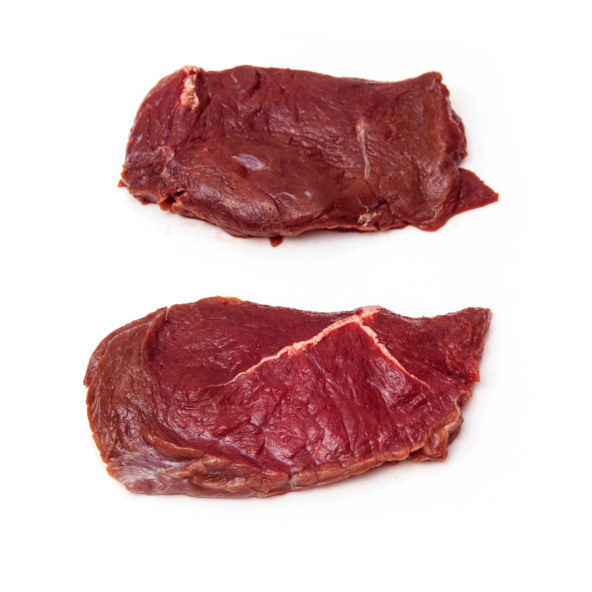
9. Beluga Caviar
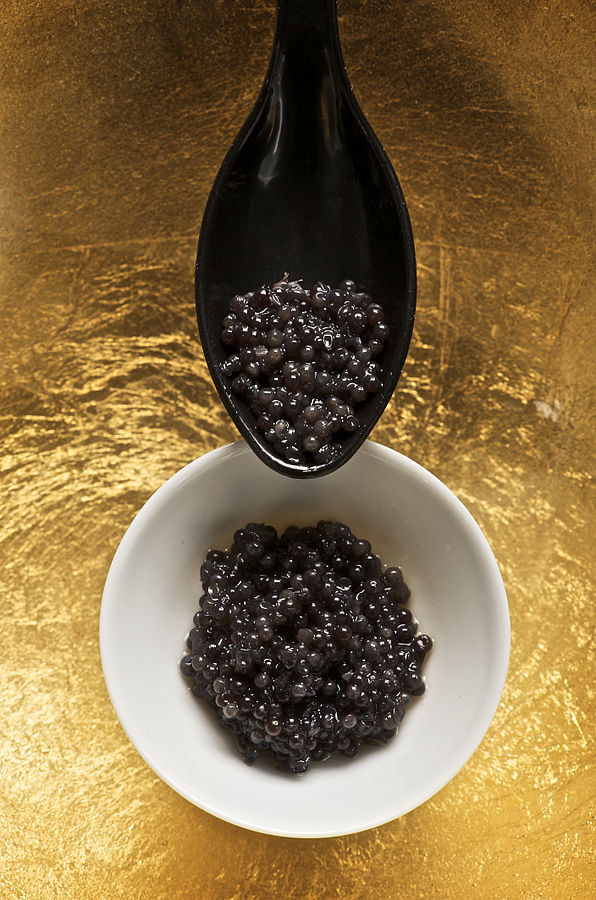

Countries of origin: Italy, Germany, and other European countries
Why it's banned: The fun of Kinder Surprise chocolate eggs comes from the (inedible) toy that's hidden inside the egg in a plastic capsule...and the U.S. government will have none of it. A 1938 federal law bans toys or any non-edible objects to be embedded within food products, meaning the only surprise Americans get is a potential fine and confiscation of their delicious chocolates at the border. Every year, tens of thousands of Kinder eggs are seized by U.S. customs.

Country of origin: Japan
Why it's (mostly) banned: Because it could literally kill you, if not prepared properly. You need a license and intense training to cook this Japanese puffer fish, which contains potentially lethal amounts of tetrodotoxin, which can paralyze your body and stop your breathing. For those who want to risk it, the short list of restaurants that serve fugu in the U.S. can be found here.

Country of origin: Italy
Why it's banned: If this cheese looks like it's completely rotten, you're not far off. Pecorino cheese is purposefully infested with maggots, then left to let them do their thing. The maggots lay eggs in the cheese and eat away at it until it becomes ready for consumption by those who dare. Here's the kicker: The cheese is only "good" when the maggots are still alive, crawling and writhing around.

Country of origin: United Kingdom
Why it's banned: Importing haggis to the United States is banned because haggis contains sheep lung, which violates federal food safety regulations. The USDA has had a ban on foods containing lungs since 1971, and despite efforts by the Scottish government, no changes to that law have been made. Keep your sheep lungs, Scotland, as long as we can still get your whiskey.

Country of origin: Jamaica
Why it's (kind of) banned: Ackee is the national fruit of Jamaica, where it's traditionally boiled and cooked with salted cod. The fruit is safe to eat when it has ripened properly, but if not, high levels of hypoglycin A and B can cause severe effects on the body up to the point of coma or death. As a result, the FDA banned all ackee until 2000, at which point several manufacturers were permitted to sell frozen and canned ackee in the United States. A ban on importing fresh ackee remains in effect, and the FDA continues to post guidelines for monitoring approved ackee products.

Country of origin: France, originally
Why it's banned (in California): Fois gras is typically produced by force-feeding ducks and geese through feeding tubes in order to engross their livers with fat. While the consumption and import of fois gras is legal throughout the country, through the efforts of animal rights activists, a ban on force-feeding came into effect in California in 2012. Challenges to the law reached all the way to the Supreme Court, where just this week, justices upheld the ban on fois gras production in the state of California.

Country of origin: China
Why it's banned: In order to prevent the total depletion of sharks in the world's oceans, "the possession, sale, trade and consumption of shark fins" has been banned in the eight states that made up the majority of the U.S. shark fin market. These laws have been introduced to strengthen conservation efforts started at the federal level with the Shark Finning Prohibition Act of 2000 and the Shark Conservation Act of 2010, as scientists estimate populations of some shark species have fallen by as much as 90 percent.

Country of origin: Many countries around the world
Why it's (effectively) banned: Since 2006, federal law has prohibited tax dollars from being spent on both the inspection of imported horse meat and domestic horse slaughterhouses. Because USDA inspections are required for food to be sold in the United States, these obstacles effectively ban horse meat from appearing in restaurants and supermarkets.

Countries of origin: Russia, Iran, and other countries around the Caspian Sea
Why it's banned: Overfishing has led the United States to enforce a ban on imports of beluga caviar beginning in 2005 in order to protect the species. The caviar ban probably hasn't affected too many Americans, though, given that before the ban, this stuff sold for about $200 an ounce.